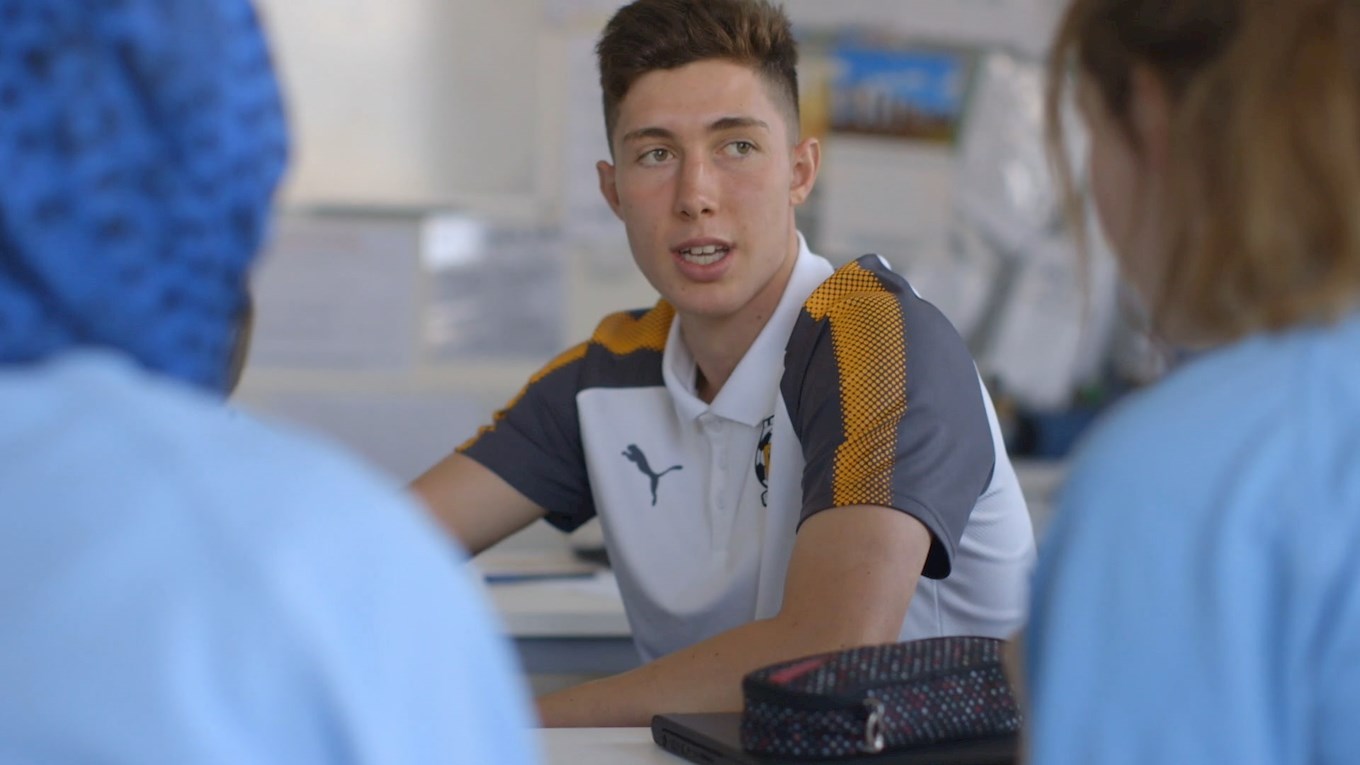Cambridge United delivers the ‘Mind Your Head’ mental health awareness programme to 1000 secondary school pupils across Cambridgeshire.
The programme has seen staff and players from the League Two side visit schools across the city, working alongside pupils in the classroom covering areas such as wellbeing, social media and coping with stress.
Recently the scheme, which is part of Cambridge United’s plan to become a ‘Mentally Healthy’ Football Club, surpassed the 1000 milestone in terms of pupils aged 12-14 to have taken part in the lessons so far.
The sessions include presentations, Q&As and watching videos in which male and female players revealed their own experiences with mental health.
The aim of the scheme was to increase the participants’ knowledge of mental health issues, improve resilience and understand the importance of good mental health.
What the pupils say:
“To me mental health is understanding my own feelings, being healthy in my mind and physically healthy.” (Student, Y8)
“It is really important to talk to other people. If you don’t let your emotions out it will just get worse. Sometimes it is easier to talk to parents than a teacher or you can talk to people that you trust. You can also talk to your siblings. You don’t have a deeply personal connection with your teachers like you have with your friends, so it is easier to talk to friends.” (Student, Y9)
“I used to break mirrors or punch walls when I was upset and stressed. Now I try to take time out and remove myself from stressful situations so that I can think about how to deal with it.” (Student, Y8).
An evaluation of the programme, carried out by Leeds Beckett University’s Carnegie School of Education, observed that all the pupils taking part had benefited from increased awareness and knowledge of the topic.
Report author Professor Jonathan Glazzard said: “Mind Your Head is a great example of the education sector working with the community to improve an issue of vital importance.
“Many people are still reluctant to talk about their mental health, so it’s empowering when footballers talk publically about their issues, such as stress and looking after their own mental health.
“They tend to have experienced their own mental health issues: athletes have a perfectionist trait that provides them with the motivation to succeed, but also has drawbacks in terms of the associated pressures.
“The work being undertaken in Cambridge has shown significant improvements in mental health literacy among the pupils involved. This sort of initiative, carried out on a national scale, could only help improve knowledge and understanding of mental health among school children.”
Ben Szreter, CEO of Cambridge United Community Trust, said: “The project has been a great success so far. The schools we have worked with have been so welcoming and it’s great that football is able to contribute positively to the young people’s understanding of their own mental health.
“It has become increasingly obvious that mental health is an area that needs real social attention. Our programme aimed to gain young people’s interest in the topic by using the context of professional football and we are delighted that so far that seems to have been effective.
“Mind Your Head has been funded by donations from Inc., the MindEd Trust and private individuals.”
To find out more about Cambridge United Community Trust, please click here.

